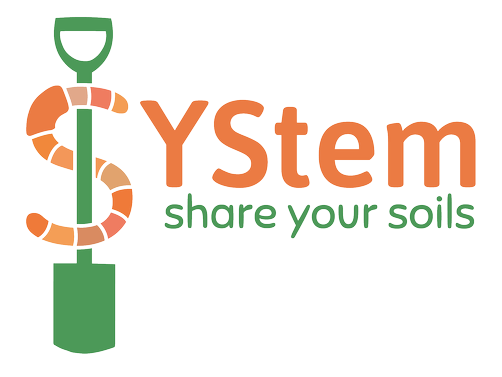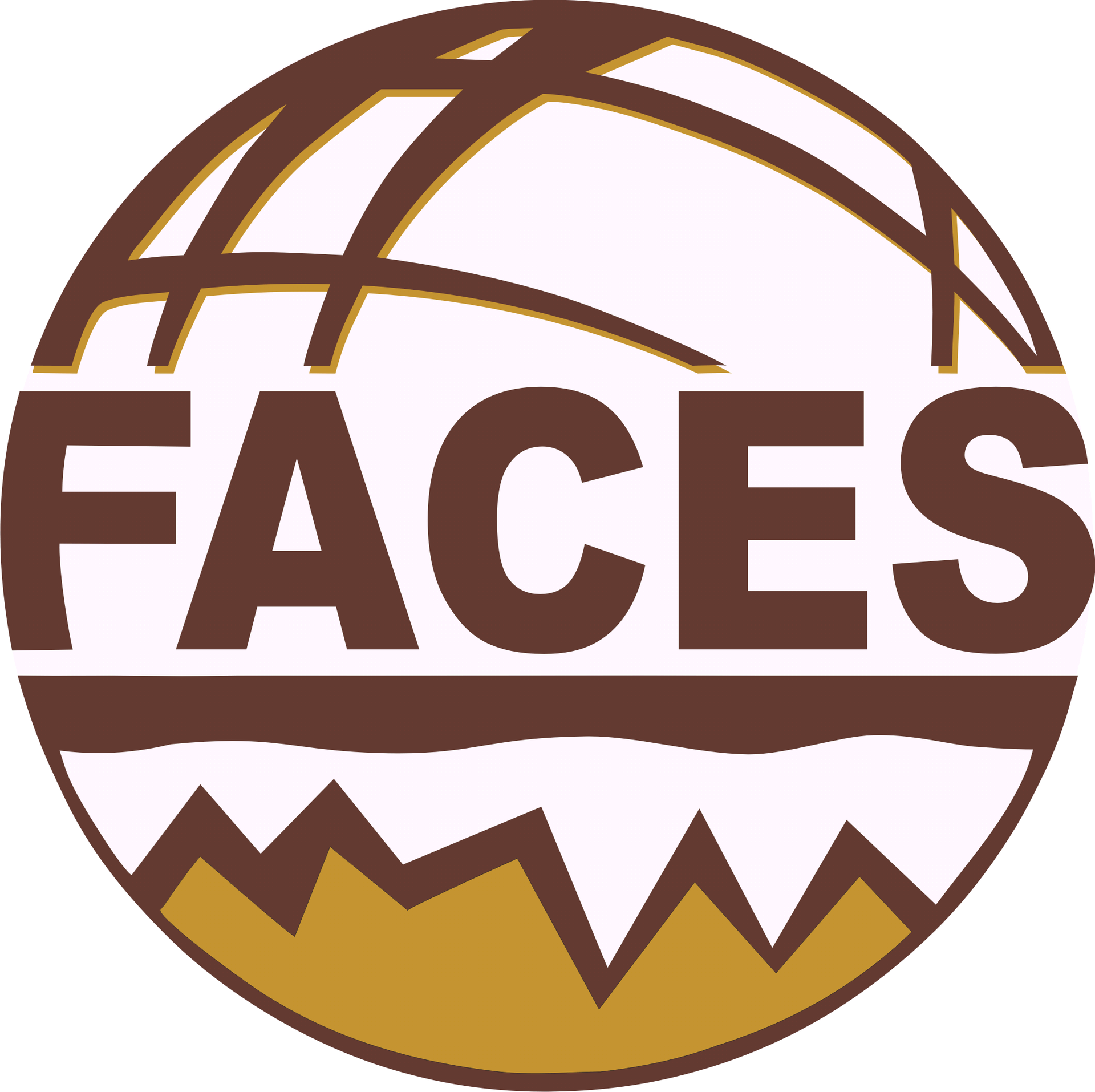

The idea of the project "Share Your Soils (SYStem)" is to create edutainment social media dedicated to soil description and classification using the WRB. It will be based on mobile application for uploading soil profile photos with description of soil horizons, materials and properties along with its coordinates and students (users) proposal for the soil classification. The application would be working both on and offline. Application users will have the possibility to interact with each other and share their knowledge helping less experienced colleagues through comments on other students and researchers uploads within the international SYStem application community. The project will be based not only on the creating the advanced international social media tool for soil science classification and education issues which is the main goal. It also includes the preparation of exercises manual on how to use SYStem application and social media in edutainment-focused teaching. In addition the soil Omnibus dedicated to support the teaching of newest edition of WRB system (2015) on a university level suitable in various environmental science courses (e.g. environmental protection, geography, agriculture and forestry) will be prepared. Afterwards the evaluation of prepared edutainment module will be carried out during students workshops focused on using the application. Studying the usefulness of the WRB classification for the soil cover of partner countries and its evaluation of the WRB with regards to varied European environmental conditions will help develop the classification system itself. Together with the creation of unified, WRB based soil data from application users across the world these are the most important added values of this project.
The consortium brings together specialists from 10 Institutions from 8 countries having research and educational experience in soil science issues of different regions of Europe. Implementation period: 2019-2022.
Partner institutions: Uniwersytet Mikołaja Kopernika w Toruniu (project liders: dr hab. Przemysław Charzyński and dr hab. Marcin Świtoniak), Uniwersytet Przyrodniczy we Wrocławiu (local coordinator: prof. Cezary Kabała), Uniwersytet Przyrodniczy w Poznaniu, Czech University of Agriculture, Estonian University of Life Sciences, University of Pecs (Hungary), Sassari University (Italy), Latvia University of Agriculture, University of Ljubljana (Slovenia), Extremadura University (Spain).
Results of the project - Soils online
As part of the project, workshops for students and doctoral students were held in three countries, during which they learned to prepare soil descriptions under the supervision of their tutors and worked with an application enabling "sharing" of classified soils with other users. During the five-day trips, the participants took part in lectures and in field work. There was also time to explore and learn about the culture of the region.
The description and photos of the exposed profile can still be found on the dedicated website and via the mobile application. The platforms allow logged users to view posted soils and discuss in the comments. All soils can be found at https://shareyoursoils.umk.pl and in the mobile application for download at http://lab.netcreate.pl/system/gleby_v_1_0_14+15.apk


Primary aim of the Freely Accessible Central European Soil (FACES) project is to create the international digital platform and database for the soil classification information exchange critically needed for the teaching in environmental sciences. The products will be extensive and offered in unified format. Moreover it will be user-friendly. International system of the characteristics of soils adopted by the FAO will be used for the presentation of the data. Interpretation of the origin and systematic position of soils will be based on the international classification of soils WRB (World Reference Base for Soil Resources), which the new (third) edition was published in 2014 (and update in 2015). Development of extensive database applying the new version is thus essential from didactic point of view. Project will allow to prepare state of the art teaching resources. Since next edition of WRB will not be published before 2026, produced materials will be up-to-date didactical tools for many years. Among project activities will be meetings dedicated to collection of soil data necessary to prepare teaching materials. Soil samples will be collected to carry necessary laboratory analysis. On the basis of obtained field and laboratory soil data will be prepared online database and chapters for soil atlases. There are also planned two Intensive Courses. These IP meetings will take place in 2017 (Lithuania) and 2018 (North Poland). The main objectives of these activities will be testing and evaluation of pilot educational module.
Elaborated data base (and other outcomes) will be freely accessible as a web site throughout European Union and whole world as well. The obtained product, due to its modern form will be powerful tool in teaching at universities. It will also improve cooperation between European institutions dealing with soil science, environmental issues, geoinformation systems etc. The use of developed product will be resulting in raising of theoretical and practical qualifications and skills of students and soil science professionals, which will last also many years after end of founding period of FACES. Detailed objectives:
a) Preparation of manual/handbook of the soil profile description for educational purposes,
b) collection of unified, WRB 2014 based soil data from Central Europe,
c) preparation of the web based soil charts, 3D sphere panoramic views to be used as didactic tool on European universities,
d) publishing series of soil atlases (albums),
e) studying of the usefulness of the 3rd Edition of WRB classification for the soil cover of partner countries,
f) evaluation of the WRB system with regards to varied natural conditions of partner countries;
g) Preparation of syllabus dedicated to teaching 3rd Edition of WRB classification (2014/2015) on university level.
h) evaluation of prepared pilot educational module during student workshops.
Implementation period; 2015-2018.